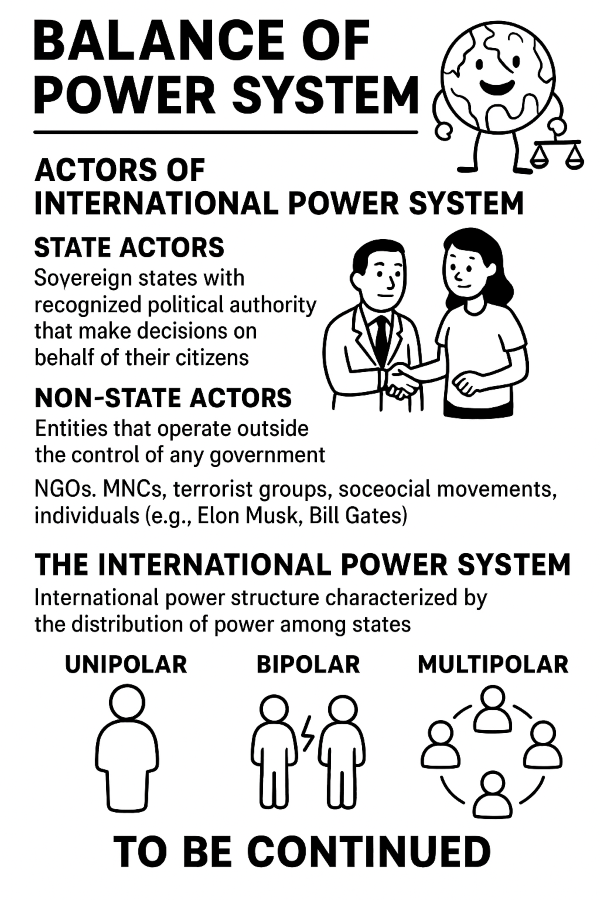Chuck Mangione, a ‘Smooth Jazz’ Hitmaker With a Fluegelhorn, Dies at 84
Chuck Mangione Feels So Good Videos
Chuck Mangione, a ‘Smooth Jazz’ Hitmaker With a Fluegelhorn, Dies at 84 reaches of Billboard’s adult contemporary charts in the 1970s and ’80s with a culture-permeating lilt that helped create the genre known as “smooth jazz,” died on Tuesday at his home in Rochester, N.Y. He was 84.
His death was confirmed by his family in a statement, which did not specify a cause.
Mr. Mangione was a true pop star with an instantly recognizable signature silhouette: bewhiskered, his long hair crowned by a turned-down felt fedora. He was nominated 14 times for Grammy Awards and won twice: in 1976 for best instrumental composition, “Bellavia,” and in 1979 for best pop instrumental performance, for the title track from his score to the film “The Children of Sanchez.”
Mangione hits could be grandiose, like “Land of Make Believe,” or lightly funky, like the aptly named “Feels So Good,” a Top 10 hit in 1978. Always melodic, his cotton-candy hooks could bore into listeners’ senses with a mood-elevating rush.
Mr. Mangione’s smooth jazz borrowed extensively from fusion — the infusion of electronic instruments into the jazz mainstream that Miles Davis had spearheaded in the late 1960s — dosing it with gossamer Flamenco-ish guitar and a disco backbeat, the perfect sonic pillow for his lyrical fluegelhorn. The result was a pop-jazz hybrid with enormous commercial appeal.
“Feels So Good,” released in October 1977 as the title track off what quickly became a double-platinum album, made Mr. Mangione a superstar and cemented his style. It was infused with jazzlike licks but light on true jazz improvisation. Still, it brought the notion of jazz to a vast music-buying public that, for at least a decade, had been focused almost exclusively on rock ’n’ roll and its offshoots.
Mr. Mangione’s jazz roots ran deep. His earliest work had been as a trumpeter in the 1960s in the big bands of Woody Herman and Maynard Ferguson and the drummer Art Blakey’s quintet (which also included a young Keith Jarrett on piano), and he knew how to blow. Stardom in the record business did not ultimately gratify him.
“I would get a lot of calls from different companies,” he recalled. “‘Oh, yeah, Chuck, you started that ‘smooth jazz’ sound and we’d love to have you. Here’s what we’d like to do: We’d like the tempo to be like this and it’s got to have this sound, and a juggler and three elephants, and …’ I was not excited about that.”
“I’ve written probably 95 percent of the music I’ve played,” Mr. Mangione once said, “but I don’t take credit for writing the music. I feel like the cord between the plug in the wall and the tape recorder; I wait around and hope I get some new information, and then try to present it in the best possible way. I’m very protective of it and don’t put it out there until I feel like it’s really happening.
He added, “Dizzy taught me that if you want to just play whatever you want to play without considering the audience, fine. But if you want to get paid, you’re now in a different ballgame.”
























